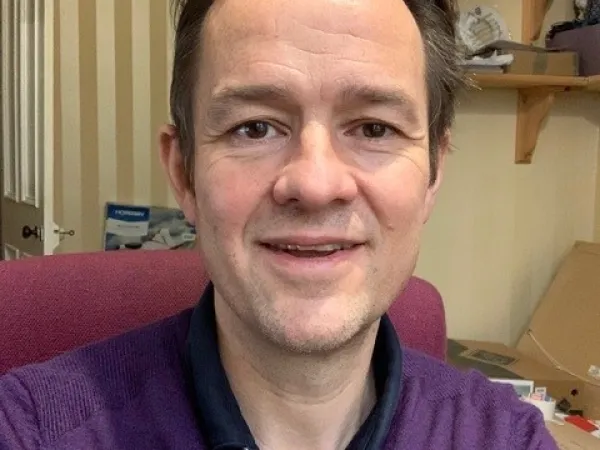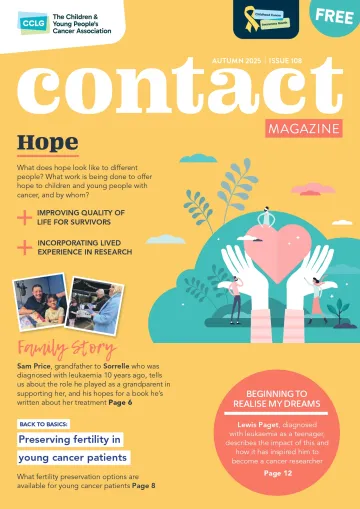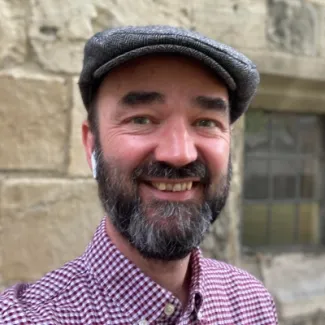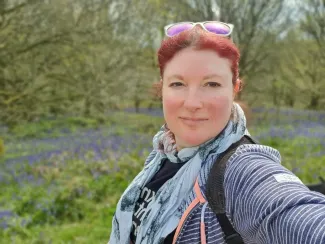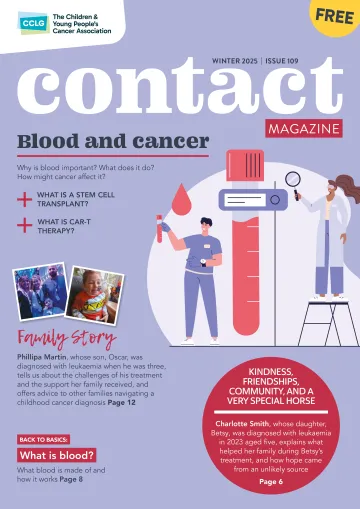A small number of patients with Langerhans cell histiocytosis (LCH) may develop a difficult-to-treat condition called neurodegeneration, where their nerve cells slowly stop working and die. It typically affects the brain causing clumsy movements, unsteadiness and slurred speech.
Parents and carers may also notice more difficult behaviour or slower progress at school. This problem is only seen in about 10% of patients where LCH is found in two or more organs or body systems, known as multi-system LCH. Even the newest drugs like vemurafenib and dabrafenib sometimes produce little effect or none at all. Because it’s so difficult to treat, we really need to find out more about the root cause.
LCH is caused by mutations (alterations of the DNA code) in a type of immune cell that usually lives in the tissue, known as a histiocyte, or in more
modern terminology, a macrophage. Some of our macrophages are formed in the first few weeks of life, developing from a primitive blood stem cell and migrating all over the body, even before there’s a blood supply. As the organs grow, other macrophages arrive from the blood. In the end, we have a mixture of primitive and blood-derived macrophages.
The key question is when did the mutation occur in LCH? If it occurred in the first few weeks of life, which we know is possible from other childhood cancers, then it could have got into the primitive macrophages and sneaked into the developing brain like a kind of ‘sleeper agent’. If it occurred later, with the formation of blood cells, then it might be an ‘insurgent’ that got into the brain at the time that LCH is causing illness all over the body. If we can decide between these possibilities, we will have the first clue about how to prevent neurodegeneration in a logical way.
Our research
The research programme funded by CCLG is a collaboration between blood cancer doctors and scientists at Newcastle University (myself and Paul Milne) and the Wellcome Trust Sanger Institute (Jyoti Nangalia and Kudzai Nyamondo). Using blood stem cells from children with multi-system LCH, we’re making a ‘phylogenetic map’ of single cells, which is like a family tree that shows how all the cells are related to each other. Some cells will contain the mutation driving LCH (BRAFV600E), and the map of all the cells will tell when that mutation occurred. If we track it to very early life, then it’s possible it entered the brain inside the primitive macrophages. If it appears later, then it must have been the blood-derived cells. We’ve analysed three patients with LCH aged between one and five years old.
We’re at the stage of sequencing single cells of their blood to construct their phylogenetic maps. We’ve successfully completed this step for three adults with histiocytosis in a parallel research project, but the children are proving a little more diffi cult and we’ve had to adapt some of our methods. We expect to have results towards the end of 2025.
Neurodegeneration can be a very diffi cult problem to deal with for patients and their families, for many reasons. Understanding it has been a very tough nut to crack partly because it’s, mercifully, relatively rare. We really hope that this new approach will allow us to go back in time to fi nd out the root cause. This can only help with developing much-needed treatment approaches. We’re very grateful to CCLG and its supporters who have committed this funding to the project and hope to bring you our findings soon.
From Contact magazine issue 108 | Autumn 2025

